In a quiet corner of a bustling brewery, something remarkable is taking place. While most visitors are focused on the gleaming fermentation tanks and the aromatic hops, a less glamorous byproduct is being quietly diverted from the waste stream. Spent grain, the leftover barley and wheat from the beer-making process, typically ends up as animal feed or, worse, in landfills. But now, it’s being transformed into something unexpected: delicious, nutritious cookies. This is upcycled food in action—a movement that’s turning waste into worth, one cookie at a time.
The story begins with the sheer scale of the problem. Breweries produce enormous amounts of spent grain; for every barrel of beer, about 20 pounds of grain are left behind. Traditionally, this has been seen as waste, but a growing number of innovators are looking at it differently. They see potential where others see refuse. By taking this grain and incorporating it into human food products, they’re not only reducing waste but also creating new economic opportunities and offering consumers a sustainable choice.
One such innovator is Sarah Jenkins, founder of "ReGrained Cookies," a small but ambitious startup. Sarah, a former environmental science student, was volunteering at a local brewery when she first noticed the piles of spent grain. "It smelled amazing—like warm, malty bread," she recalls. "I couldn’t believe we were just throwing it away." She started experimenting in her kitchen, drying the grain, milling it into flour, and baking it into cookies. The result was a hearty, flavorful product that resonated with eco-conscious consumers.
The process isn’t as simple as just tossing wet grain into a mixer. Spent grain is moist and prone to spoilage, so it must be dried quickly after brewing. Sarah’s team uses a low-temperature dehydration process to preserve the nutrients and flavor. Once dried, the grain is ground into a coarse flour that’s rich in fiber, protein, and micronutrients. This flour becomes the base for their cookies, replacing a portion of conventional wheat flour and adding a unique texture and taste.
But the benefits go beyond just reducing waste. Upcycled foods like these cookies tap into a deeper consumer desire for sustainability. People are increasingly aware of the environmental impact of their choices, and they’re looking for ways to make a difference without sacrificing quality or taste. By choosing upcycled products, they’re voting with their wallets for a circular economy—one where waste is minimized, and resources are used to their fullest potential.
This movement is gaining traction globally. The Upcycled Food Association, founded in 2019, is working to standardize and promote upcycled products, ensuring they meet strict criteria for environmental benefit and quality. Their certification label helps consumers identify products that genuinely contribute to reducing food waste. For small businesses like ReGrained, this recognition is crucial; it validates their efforts and helps them reach a broader audience.
Of course, challenges remain. Scaling up production while maintaining quality and sustainability isn’t easy. Sourcing spent grain consistently requires close partnerships with breweries, and the dehydration process can be energy-intensive if not managed carefully. Sarah and her team are constantly tweaking their methods, exploring solar drying and other renewable energy options to further reduce their carbon footprint.
Despite these hurdles, the response has been overwhelmingly positive. Customers love the story behind the cookies as much as the taste. "It’s a conversation starter," Sarah says. "People are fascinated by the idea that they’re eating something that would have been wasted. It makes them feel good about their purchase." This emotional connection is a powerful driver, turning casual buyers into loyal advocates.
Looking ahead, the potential for upcycled foods extends far beyond cookies. Spent grain can be used in bread, pasta, snack bars, and even pet food. Other food byproducts—like fruit pulp from juicing or okara from tofu production—are also being upcycled into new products. The possibilities are endless, limited only by creativity and commitment.
In the end, the story of spent grain cookies is more than just a clever use of waste. It’s a symbol of a larger shift in how we think about food and resources. It’s about seeing value where we once saw none, and building a system that respects both the planet and the people on it. As Sarah puts it, "We’re not just making cookies; we’re baking a better future."
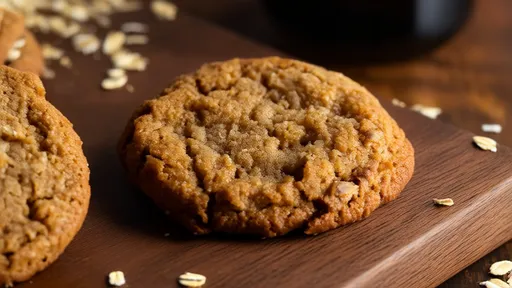
By /Aug 29, 2025
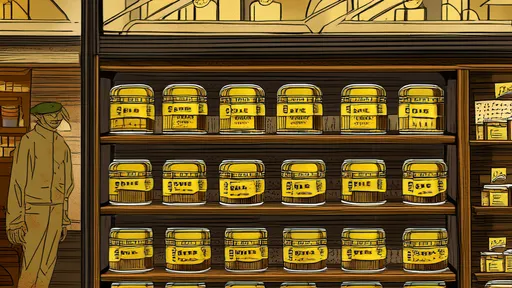
By /Aug 29, 2025
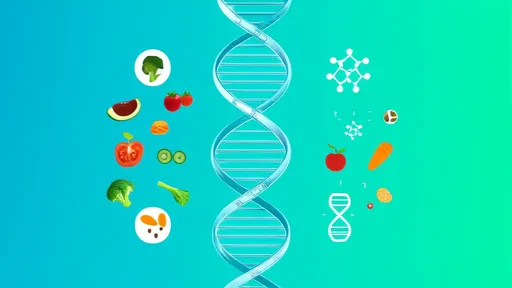
By /Aug 29, 2025

By /Aug 29, 2025

By /Aug 29, 2025

By /Aug 29, 2025

By /Aug 29, 2025

By /Aug 29, 2025

By /Aug 29, 2025
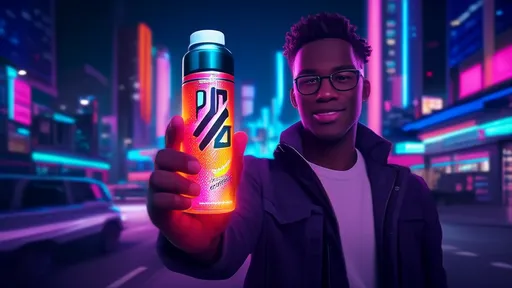
By /Aug 29, 2025
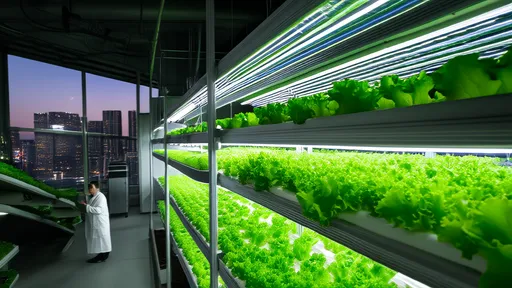
By /Aug 29, 2025
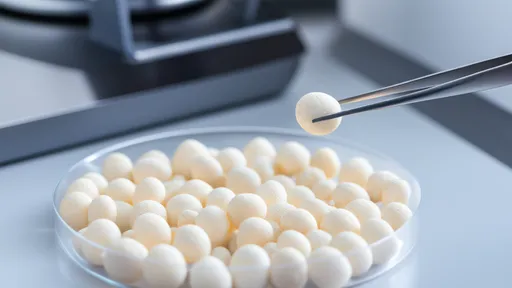
By /Aug 29, 2025
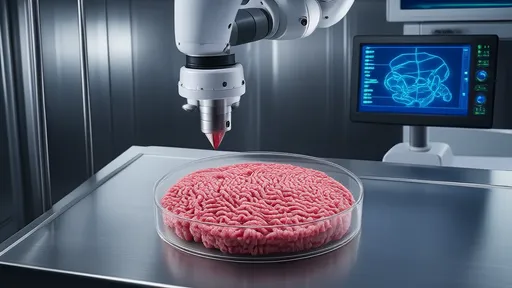
By /Aug 29, 2025

By /Aug 29, 2025
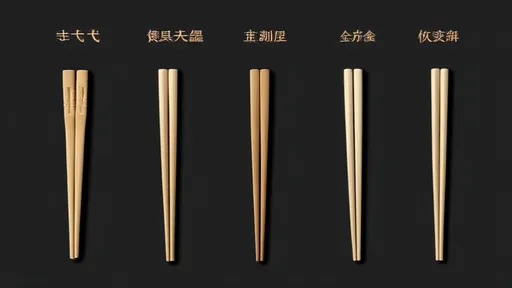
By /Aug 29, 2025
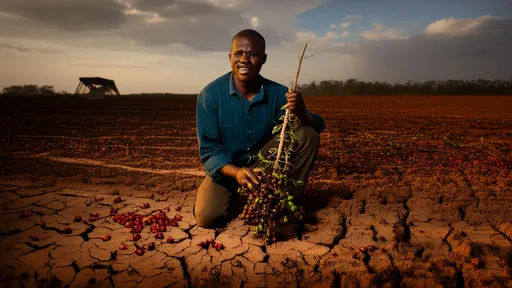
By /Aug 29, 2025
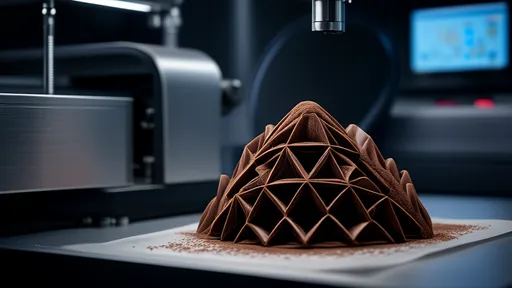
By /Aug 29, 2025
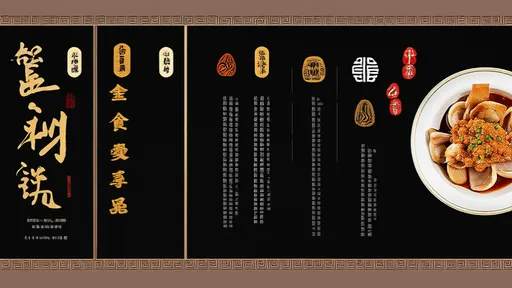
By /Aug 29, 2025
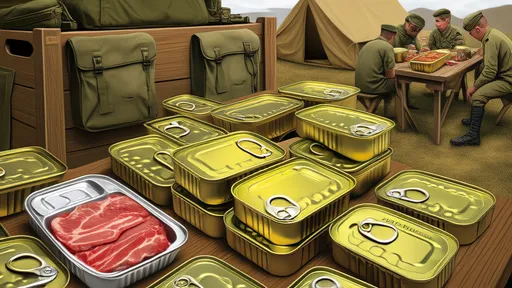
By /Aug 29, 2025
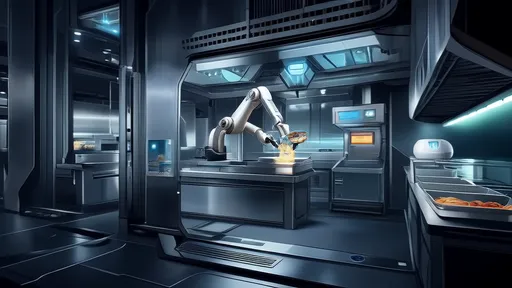
By /Aug 29, 2025